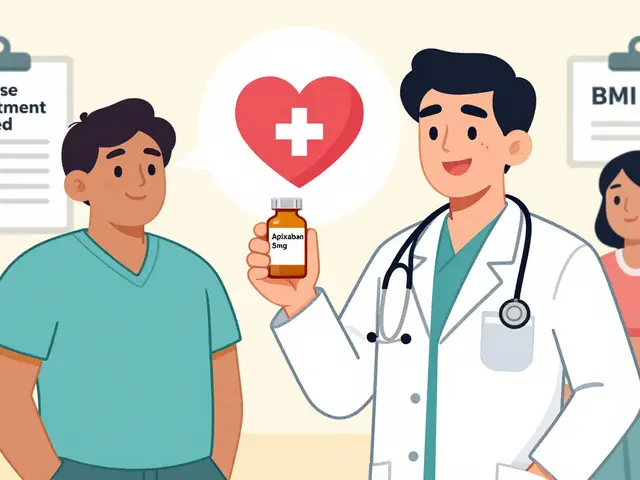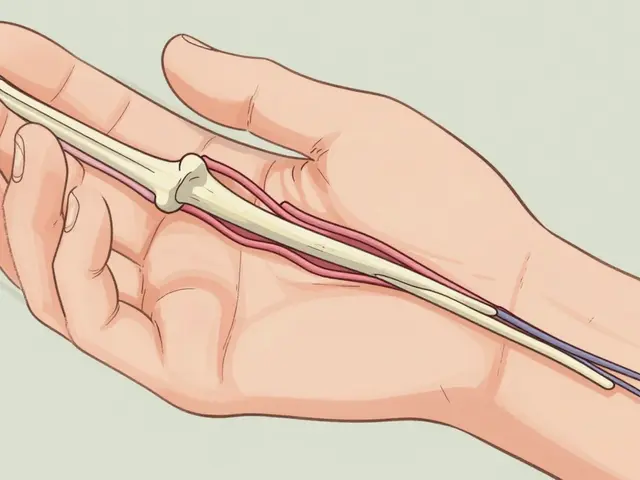Supplements: What Works, What Doesn’t, and How to Use Them Safely
Want a simple, no-nonsense take on supplements? They can help fill gaps in your diet, support recovery, or ease symptoms — but only when you pick the right product and use it correctly. This guide gives clear, practical advice so you avoid waste, side effects, and sketchy products.
Which supplements are worth starting with?
If you’re unsure where to begin, consider three evidence-backed options: vitamin D, omega-3 (fish oil), and zinc. Vitamin D helps bone health and is commonly low in people with limited sun exposure. Omega-3s support heart health and may help inflammation. Zinc can shorten colds if taken early and helps immune function. Probiotics are another useful one, especially if you’ve just finished antibiotics — they can lower the chance of antibiotic-associated diarrhea.
Herbal supplements like DGL licorice or Tronadora show promise in specific areas — DGL for reflux relief and Tronadora in traditional uses — but herbal options vary in strength and evidence. Treat them like medicines: check the research and talk to a clinician before using them for a health problem.
How to pick a safe, effective product
Look for third-party testing (USP, NSF, or independent labs) on the label. That reduces the risk of contaminants and ensures the ingredient amounts match the label. Avoid products making grand medical claims — supplements can support health, not cure diseases. Check the ingredient list for fillers, and watch out for proprietary blends that hide doses.
Start low and add slowly. Try one new supplement at a time for at least two weeks so you can spot side effects or benefits. Keep doses reasonable — more isn’t always better. For example, vitamin D daily dosing is usually modest unless a test shows you’re deficient. High doses of some vitamins and minerals can cause harm or interact with medicines.
Drug interactions matter. Blood thinners react with vitamin K sources and certain herbal supplements. Statins and some supplements can have overlapping effects on the liver. If you’re on prescription meds like SSRIs, anticoagulants, or thyroid medicine, ask your doctor or pharmacist before adding anything. Bring your full medication list; a pharmacist can flag risky combos fast.
Storage and timing help too. Keep supplements in a cool, dry place and follow label directions — some are best with food (fat-soluble vitamins), others on an empty stomach. Check expiry dates and toss old bottles.
If you want a quick plan: get a basic blood test (vitamin D, iron if indicated), choose quality brands with third-party testing, introduce one supplement at a time, and review everything with a healthcare provider after 6–8 weeks. That way you get benefits without unnecessary risk or spending.
Got a specific symptom or product in mind? Ask — I can help you weigh the evidence and find safe options tailored to your needs.

Calcium D-Glucarate is not your average calcium supplement. Beyond just supporting bone health, it's known for its impressive detoxification abilities, potentially aiding hormone balance and liver function. Many have turned to it as a natural way to support their body's ability to protect itself from toxins. Curious about how this powerhouse supplement could fit into your routine? Let's walk through its benefits and how you can incorporate it into your wellness journey.






